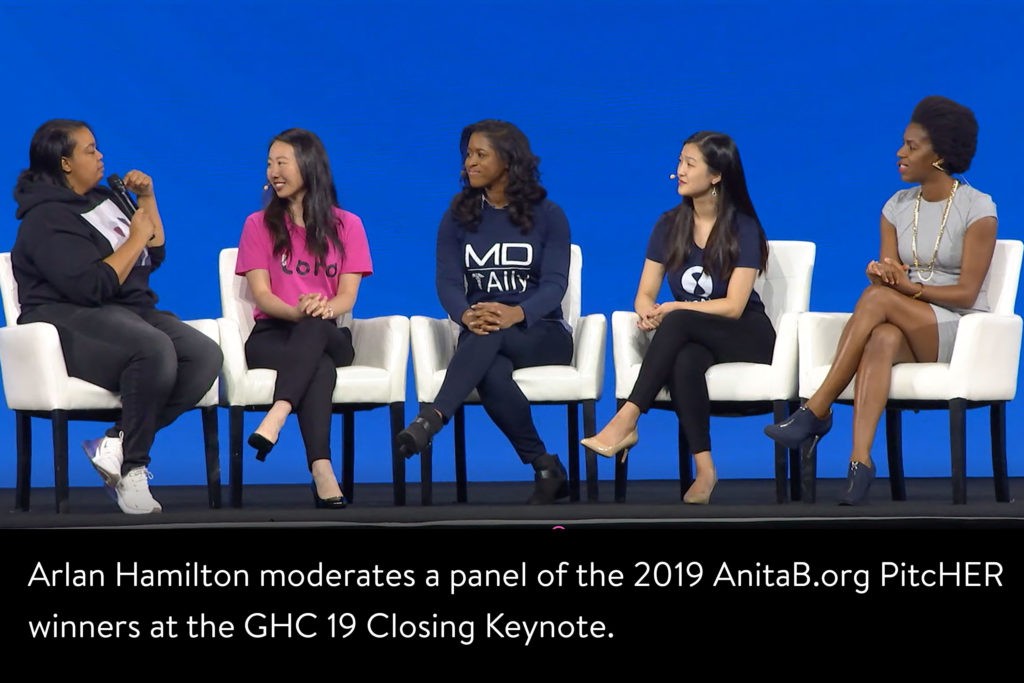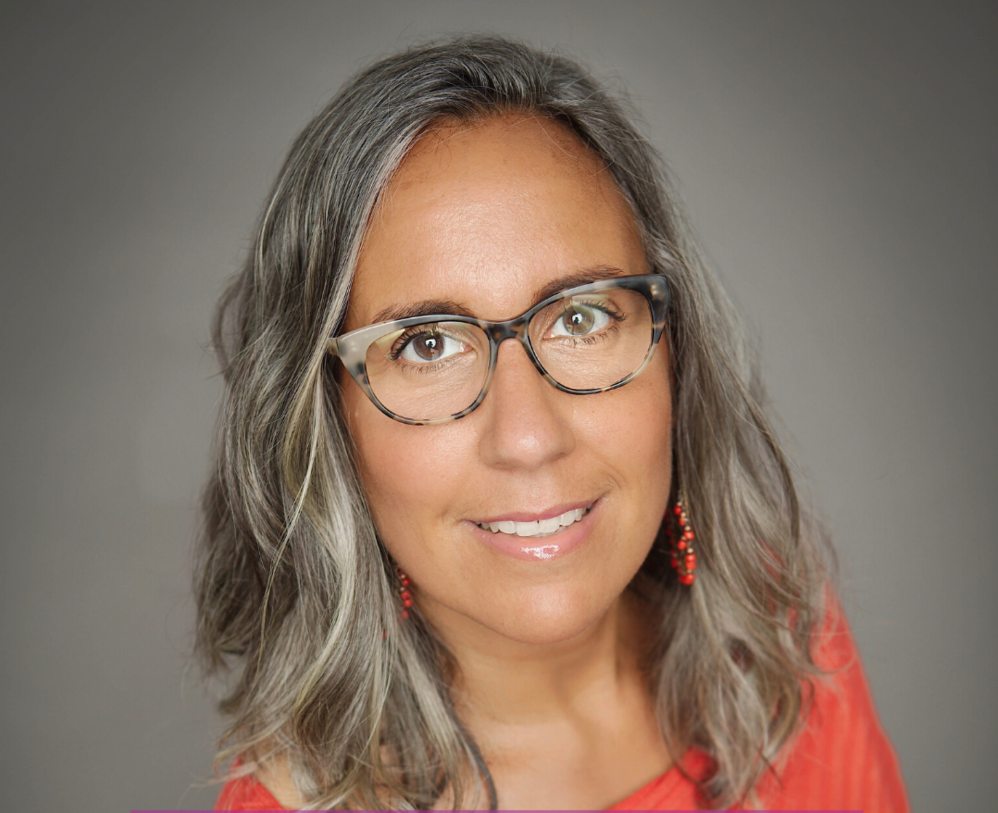Lisa Gelobter

Lisa Gelobter
CEO and Founder of tEQuitable
Impact Through Inclusion: How Lisa Gelobter Is Transforming Tech By Celebrating Diversity
Lisa Gelobter knows what it’s like to be different. As a black woman with a degree in computer science, she acknowledges that she is sadly “something of a unicorn.” During her multi-decade career in technology, Lisa has embraced the idea of being different by pioneering many “firsts” for her industry: In the 1990s, she was an engineer and program manager for Macromedia Shockwave, the internet’s first interactive media platform. Later in her career, she was a member of the launch team for Hulu, the video-on-demand streaming service that transformed the way people consume media. These experiences, which are just a small sample of her many accomplishments, have earned her widespread recognition as an industry-leading innovator at the intersection of media and technology.
As one of the internet’s earliest adopters, Lisa knew early on that she would be forging her own path. While she was a student, the Information Age was only just beginning, so there was no one more experienced than her to serve as her early career mentor or role model. What she did have early in life were peers, teachers, and family members who believed in her more than she believed in herself.
In 6th grade, I had a math teacher who told me, ‘Hey, you know you’re really good at math?’ It was one sentence, but it made a huge difference for me.
One of Lisa’s greatest influences as a child was her father, who in her words “was a feminist before the word existed.” In the 1970s, he served as campaign manager for Shirley Chisholm, the first woman and first black person to seek the Democratic Party’s nomination for President of the United States. Lisa’s father always made it clear to her that there was nothing she could not do because she was a girl. With his encouragement, she enrolled at Brown University in 1987, where she pursued a bachelor’s degree in computer science.
As a Federal Pell Grant recipient, Lisa notes the importance of socioeconomic background in addition to race and gender in any discussion of diversity. At several points during her undergraduate education, she was forced to drop out of school due to personal financial constraints. She recalls several professors at Brown who went above and beyond to help her overcome these challenges. One professor asked her to be a Teaching Assistant (TA) for his class to earn money, even during a semester where she could not afford to enroll in classes. With support from her professors, she continued to take classes toward her degree long after leaving college to pursue her career. After 24 years of hard work and perseverance, Lisa became a proud Brown University graduate in 2011.
By the time Lisa completed her degree, she was already a highly accomplished member of industry. Building on her early experience as an engineer and product manager, she was working as Interim Chief Digital Officer and leading Digital Product, Engineering and Operations for Black Entertainment Television (BET). In 2015, she was recruited from this role to work in the Obama Administration as Chief Digital Service Officer within the Department of Education. While serving in the White House, she realized technology could be used to solve what society thought of as intractable problems. One of her main projects was College Scorecard, an online tool to provide open and accessible data to help consumers compare the cost and value of higher education institutions in the United States. Under Lisa’s leadership, the team ensured that the tool displayed metrics that mattered: access, affordability and outcomes. Rather than simply state how much each school would cost to attend, it also factored in the earning potential of graduates, which provided a way to measure their ability to pay back debt. In just three years, the program helped raise the country’s college graduation rates by 1.5%.
College Scorecard was a great opportunity for me to do impactful work in my career, but more importantly, the opportunity to make a significant impact for people in their lives was pretty amazing. We helped students figure out how to pay off student loans without going into bankruptcy. It’s great to be able to do right in this world for millions of people and really help them out in the most perilous of situations.
Upon leaving the White House, Lisa knew she wanted to use the transformative and user-centered product development approach she had honed to solve societal-level issues. As a black woman in technology, she was all too aware of the obstacles women and people of color faced during their careers simply because they looked or spoke differently from their coworkers. Wanting to craft a work culture that would work for everyone, she set out to build a third-party, confidential platform to address bias and discrimination in the workplace. Based on this vision, tEQuitable was born in 2017.
tEQuitable prides itself in working on “both sides of the equation.” The platform provides employees with a place where they can get safe, neutral advice for workplace conflict, and in turn provides companies with data on what is happening on the ground culturally. All of tEQuitable’s customers from its first year of operation have renewed their contracts for a second year.
In spite of her many other career successes, Lisa considers tEQuitable to be her proudest achievement to date.
It’s working. You can see the impact. We’ve been able to report systemic cultural trends back to companies, so, for example, one company’s finance team may be having issues with bullying but their marketing team is having issues with inequitable distribution of work. I love the idea of inventing something new, and figuring out how to solve something that has plagued workplaces since the beginning. I’m really proud of this work.
Although it may be years before Lisa’s dreams of inclusive and welcoming workplaces become reality, she is encouraged by the progress tEQuitable has made in just a few short years. As society continues to work toward equity, Lisa urges other women and people of color to embrace the different life experiences they bring to their workplaces, rather than try to assimilate. Differences deserve to be seen, nurtured, and included rather than simply acknowledged, and she has dedicated much of her career to working toward this goal.
Difference is actually an advantage. Having a different perspective enables you to think differently, to be more creative. On any team, that is actually a real boon. People should celebrate that more.
This story was written by Charlotte Kiang, Wogrammer Journalism Fellow. Connect with her on LinkedIn.

